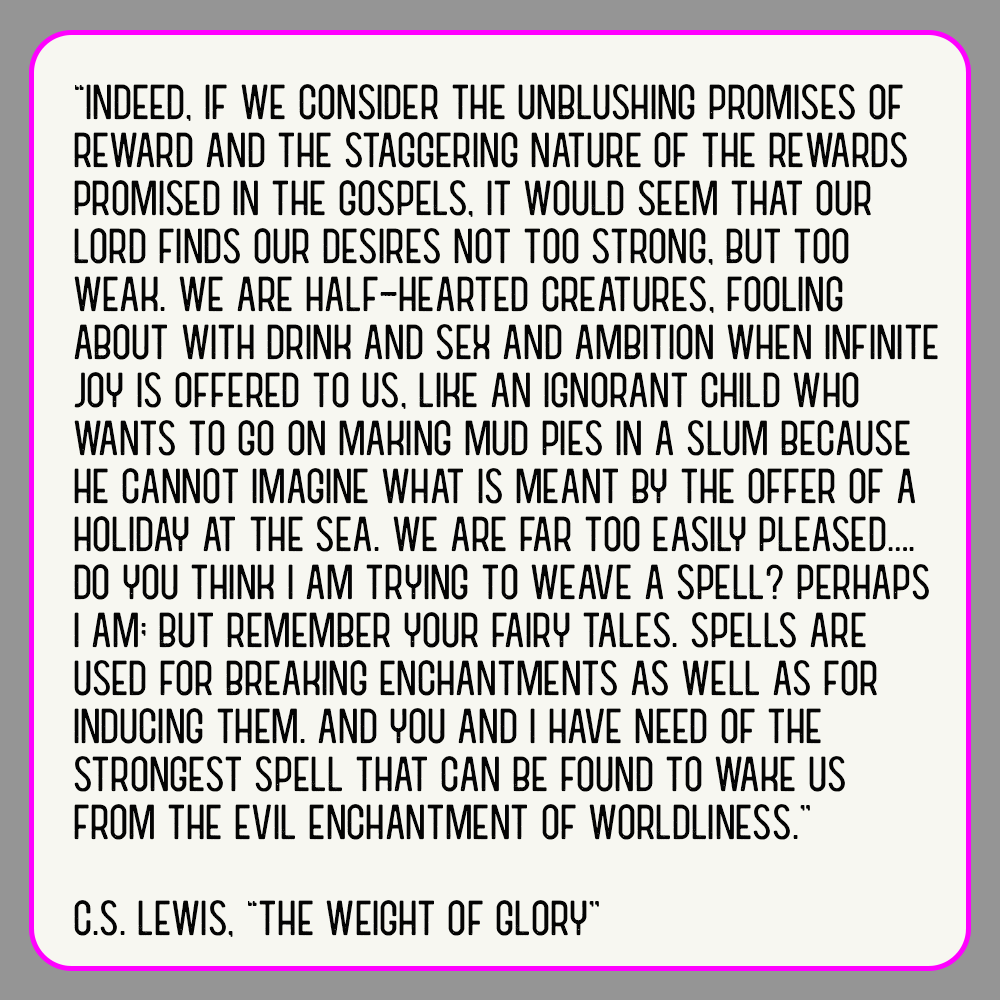
I attended a conference earlier this year and heard a presentation from Elyse Fitzpatrick, a Christian counselor and author, who has been counseling for more than 50 years. During a Q&A following her presentation, she was asked what progress she has seen the Christian church make over the last 50 years in the field of counseling.
She answered, “One place I think we’ve seen a lot of progress is in caring for women who are in abusive relationships. I think it’s a good thing, and we’re finally doing that better. We don’t really get it yet, but I think that people are trying to do a better job caring for women who are in abusive relationships, whereas let’s say 15 years ago people would say, ‘Oh you’re having trouble with your husband, it’s because you need to submit more.’ I trust that that’s changing. I think I see a push for that.”
The pastor interviewing her then asked, “You’ve done a ton of counseling over the years. Was that a common response?” She replied, “Yeah, very common. Over and over, yes. And I’ll be honest, you know, there was – I’m trying to think carefully – I don’t think I saw the way abuse, I don’t think I saw it in Christian marriages the way I see it now.” The interviewer asked, “Can you expand on that? How do you see it now?”
Fitzpatrick answered, “I think a lot of what passes for the way that women, Christian women, are told to be in their marriages, I think that that gives birth to or weight to really abusive relationships.”
The interviewer then asked what she meant by that, so she gave the example of a man who has a problem with pornography and said, “And that’s not like so unusual, like 65% of men in the church say that they view porn more than once a month.”
“So, a woman comes in and she says, ‘My husband’s got this porn thing happening.’ And she’s told, ‘Well, you know, if you’d lose 15 pounds…’”
The pastor asked, “So that’s the counsel people are getting?” “Uh, yeah,” she answered, “You know, be more sexually available, because his sin is your fault. See, women are saying ‘yeah’? [referencing women in attendance who were vocalizing their validation of what she was describing] Because that’s a true thing that women are told…”
“‘Your husband has a problem with pornography, because you don’t want, you’re not sexually available to him all the time. Your husband gets angry with you because you’re not submitting enough.’”
It was my favorite moment of the three-day conference. I share the story, because too often I hear from pastors that what she describes is rare. But the testimonies I hear from women who reach out through the Conquerors through Christ website tell me that this experience is not rare.
According to Barna Research, 68% of church-going men seek out online pornography at least once per month, as well as about a third of church-going women. WELS is not immune to these stats.
I have heard from and about too many of our sisters in Christ who say the counsel they received from their WELS pastor was to be more sexually active, more sexually available, and more sexually willing. This essentially downplayed their husbands’ adulterous activity. They were told that their husband’s porn problem is, at least in part, their fault. While it is good that we have compassion for a man addicted to pornography, we cannot let that cause a lack of compassion for the woman who is left feeling unloved, unseen, and unvalued because of his addiction.
Let us not misapply Ephesians 5:22 and ask women to submit to their husbands’ sin. 1 Corinthians 7:4 does not give a man the right to objectify his wife as he attempts to excite himself by acting out a fiction he has seen. We need to recognize that the majority of the people in our congregations are either addicted to pornography, married to someone who is, or raising someone who is. This experience is sadly commonplace, and perhaps the reason we don’t realize it is we have shown ourselves to be dismissive of the struggle many women in particular face around this issue.
Pastors need to trust women. When a woman comes to her pastor and tells him that she knows her husband is actively viewing porn, the pastor needs to not only trust everything she says as true, but the pastor also needs to recognize that what she is doing is very difficult for her to do. She has finally brought herself to tell her pastor because she trusts him, and she needs help. God has particularly wired women for meaningful relationships, and in that moment, many of her meaningful relationships are threatened! Women who are hurting like this are part of our body as the church and we need to listen to every part of our body.
When a woman does the hard thing of telling her pastor about an issue that pains her, she needs a pastor who tells her that she’s not alone, she’s not the only one, and there is hope.
When a woman does the hard thing of telling her pastor about an issue that pains her, she needs a pastor who tells her that she’s not alone, she’s not the only one, and there is hope. Yes, there will be a time to work through forgiving her spouse and rebuilding trust, and maybe, God-willing, re-establishing intimacy. But that will take time, and it cannot be our first word to women who have been sinned against by the porn use of their husband.
Jesus says that the merciful will receive mercy, but first he says that those who mourn will be comforted. (Matt 5:4,7)
Let’s lead with comfort, brother pastors, and continue to remind our wounded sisters in Christ that in all our days of faithlessness, our faithful Husband, the Lord Jesus, holds on to us. He enables us to stand. He has already forgiven all our lovelessness.
Jesus perfectly loved his spouse (the Church) and that’s our record.
The Holy Spirit continues to enable us to walk this road and causes us to remember how he has loved us. He is faithful. We are not. But he loves us faithfully in spite of the weakness of our love. That’s good news and it’s the only news that will enable her to love and forgive her spouse, a fellow sinner, as he walks toward truth with her.
Loving and forgiving her spouse does not mean she needs to stay married. Maybe she will, and that can be great. But first, he needs to stop, and he needs help. In fact, stating that fact is the first step in helping that sister begin to show mercy. Only when his behavior is called out as the sin that it is can her heart be softened by Jesus’ love for her. Only when she hears that her Savior is on her side can she begin to see Him as an ally and stand with Him to forgive her husband.
Brad Snyder is a pastor in Boise, Idaho and serves as the chairman for Conquerors through Christ.






